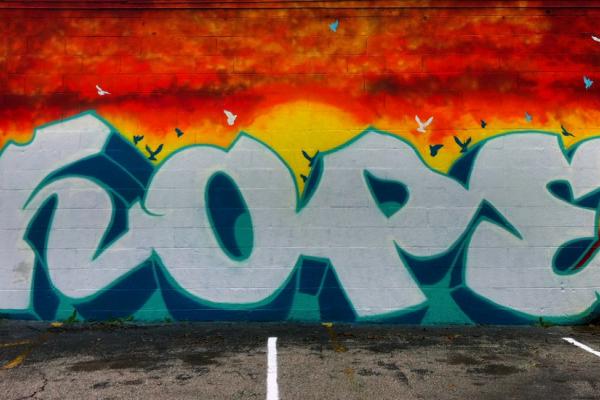Jul 24, 2017
As writer, activist and Holocaust survivor Elie Wiesel noted, “Hope is like peace. It is not a gift from God. It is a gift only we can give one another.”
Read the Full Article

Already a subscriber? Login

As writer, activist and Holocaust survivor Elie Wiesel noted, “Hope is like peace. It is not a gift from God. It is a gift only we can give one another.”
